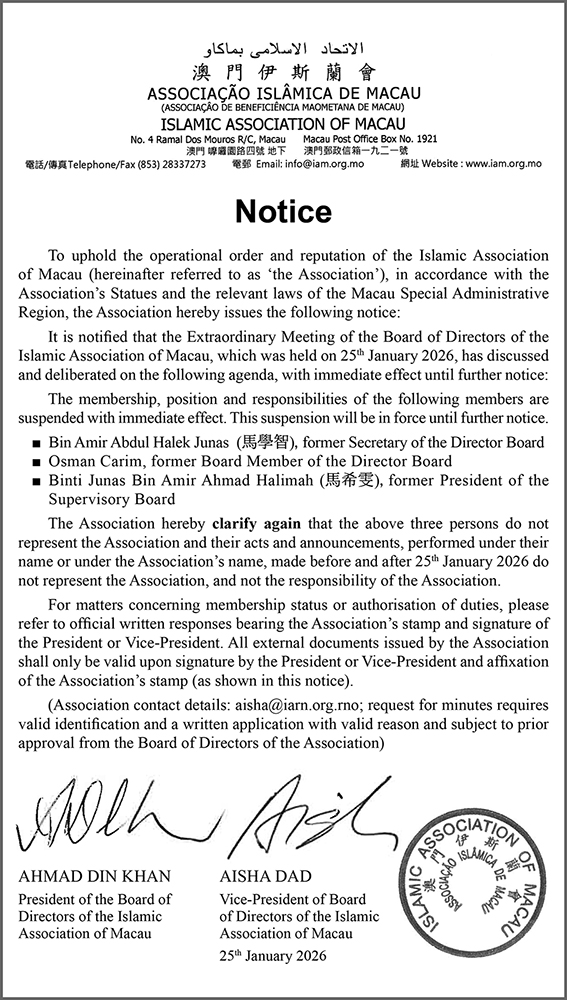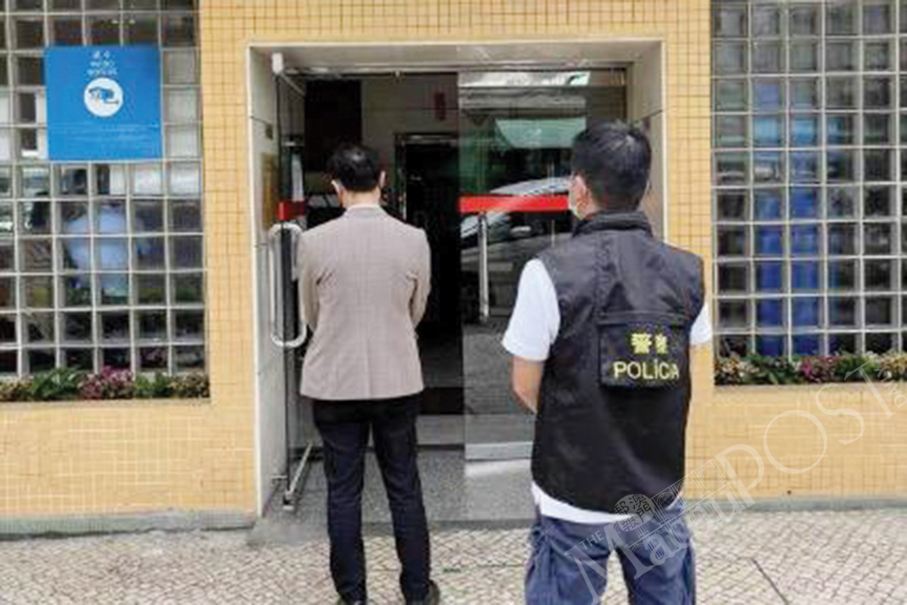Hong Kong Chief Executive Carrie Lam Cheng Yuet-ngor’s remarks earlier this month that there is no Western-style separation of powers in the special administrative region’s executive-led political system stirred up a hornet’s nest – among opposition politicians and some segments of the legal fraternity in particular.
Lam said the accurate view of Hong Kong’s political system was that its three branches of government – executive, legislature, judiciary – perform their respective duties, exercise checks and balances, and cooperate with each other.
A spokesperson for the Hong Kong and Macau Affairs Office (HKMAO) in Beijing backed Lam’s remarks by stating that it was wrong to say that the Hong Kong Special Administrative Region (HKSAR) follows the system of separation of powers, adding that those in Hong Kong who support the doctrine were merely seeking to undermine the authority of the chief executive and to oppose the central government’s overall jurisdiction over the HKSAR by aiming to expand the latter’s legislative and judicial powers.
The issue soon after reached Macau where some lawmakers strongly supported Lam’s stance, while some commentators, among them lawyers and academics, opined that the separation of powers in Macau was subject to various limitations, or that Macau had its very own system of the concept.
The local government also entered the fray when Secretary for Administration and Justice André Cheong Weng Chon underlined that Macau’s political system does not include the concept, and instead its executive authorities, the legislature and the judiciary complement each other and exercise checks and balances vis-à-vis each other, but with the emphasis on a cooperative relationship between the three organs (as reported by The Macau Post Daily on September 14). Cheong’s remarks affirmed what HKMAO Vice Director Zhang Xiaoming said in a graduation ceremony speech at the Macau Polytechnic Institute (IPM) over a decade ago. In his erudite presentation, Zhang explained the reasons why the Macau Special Administrative Region (MSAR) has not implemented the Western doctrine of separation of powers.*
Besides, in an article published in the influential Qiushi (“Seeking Truth”) journal last year, President Xi Jinping insisted that the Communist Party of China (CPC) “never follows the path of Western ‘separation of powers’.” As a matter of fact, Communist doctrine categorically rejects the concept.
Moreover, Deng Xiaoping gave Hong Kong Basic Law drafters in 1987 the broad hint that “no Western system can be copied in total” and, consequently, “it would not be appropriate” for Hong Kong’s post-1997 political system to include the separation of powers.
Well, first of all, the theory of separation of powers created by French political philosopher Baron de La Brède et de Montesquieu (1689-1775) has never uniformly been enforced even in the West. The rather general doctrine is subject to limitations and locally adapted versions virtually in any country where it has been adopted. Probably no country exercises complete separation of powers because it would simply be unworkable.
For instance, in the UK the executive is directly responsible to the legislature and the judiciary is independent of the executive but must obey the laws passed by the legislature, which indicates a functional interdependence of the various branches of governance rather than a strict separation of powers. The point is that the doctrine of separation of powers lacks a clear definition and therefore it has been implemented in starkly different ways – or not at all such as in mainland China.
The Macau Basic Law (MBL) states that the Macau Special Administrative Region (MSAR) “shall be vested with executive power, legislative power “and independent judicial power, including that of final adjudication” (articles 16, 17 & 19). The Chinese MBL version uses the term 權 (quán), which can be translated as “power”, “right” and “authority”. The Portuguese translation uses the term “poder” (“power”).
I had the privilege to cover the MBL drafting process in the late 1980s and early 1990s and what I heard then from the local and mainland drafters was that post-1999 Macau would have three branches of government that would complement each other and should cooperate with each other. I can’t recall that the Western doctrine of separation of powers was ever mentioned during the drafting process.
Incidentally, the predecessor of the Macau Basic Law, the Organic Statute of Macau (EOM), which was amended by Portugal’s Parliament in 1990, only mentioned two organs of the “government” of Macau – the Governor and the Legislative Assembly (AL). The EOM also said that Macau’s “legislative function shall be exercised by the Legislative Assembly”, while the “executive function shall be exercised by the Governor, who shall be assisted by under-secretaries.”
Interestingly, the EOM dedicated just four of its 75 articles to the “autonomous” and “independent” administration of justice “adapted” to Macau’s “specificities”.
This, obviously, shows that even before the 1999 transfer of administration Macau did not have a rigid system of separation of powers. The EOM drafters were smart enough to acknowledge Macau’s “specificities”.
The term “separation of powers” is not mentioned in the Macau Basic Law – and neither is it mentioned even in the Constitution of the US, where Montesquieu’s concept is – relatively speaking – most rigidly applied. I assume that no Constitution anywhere in the world specifically mentions his concept.
In the US, for instance, the “separation of powers” maxim manifests itself in rather strange ways such as justice nominations for the Supreme Court quickly turning into political mudslinging – within hours after the passing of Ruth Bader Ginsburg on Friday.
Anyhow, I doubt whether the separation of powers concept could ever be implemented in non-sovereign entities such as Hong Kong and Macau, considering that both are subject to the ultimate jurisdiction of the central government concerning a range of political and legal matters.
Pragmatically and realistically, we should accept the concept of cooperative coexistence of Macau’s three branches of government led by the executive, as well as the primacy of politics. Laws are the product of a political decision-making process within the ambit of a certain legal system which is also the result of a certain political environment in which judges, prosecutors and lawyers work.
In the final analysis, what matters for the common man and woman is that the representatives of our executive, legislature and judiciary protect the common good and ensure public security, people’s livelihoods and social justice – and that’s no mean feat!
– Harald Brüning
*Why the Political System of the Macao SAR is not One of “Separation of Power”?
– Speech at the Graduation Ceremony of the Advanced Seminar for Macao Basic Law Studies http://www.ipm.edu.mo/cntfiles/upload/docs/research/common/1country_2systems/issue2/02.pdf









